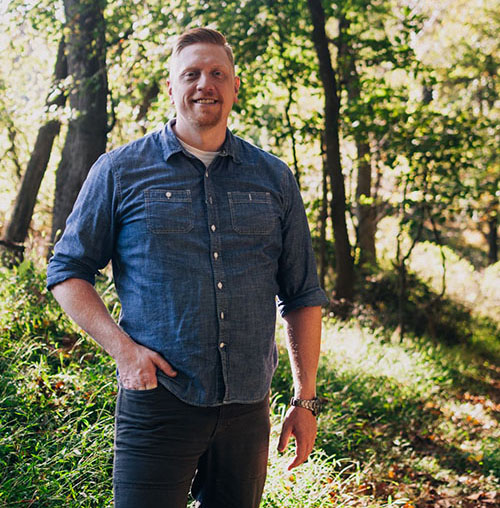We’re living in a stressful time. Some of our students and staff at Krav Maga Maryland have been on the front line as ICU nurses, EMTs, federal agents, and the like. Others have spent more time at home in the past 2 months than in the previous two years combined. Full-time working parents now have to navigate helping their kids learn from home. Aside from my neighbor, Corey, who already worked from home and did household projects in his spare time, everyone I know has had their life turned upside down.
And if there’s one thing that’s increased across the board, it’s stress. People are having a hard time sleeping. Alcohol consumption is up. There’s historic unemployment levels. I’ve watched as people post memorials on social media for loved ones who passed away from COVID-19. Illness and death seem to be a more prominent part of our collective culture at this point.
For me, this is quite curious. Throughout my career, I regularly speak to many people’s worst nightmares. Home invasions, sexual assaults, muggings, abductions, active shooter incidences. I remind myself that this is not daily conversation for most people. I’ve learned over time to remove the clinical detachment from my tone. And while the threat of a worldwide pandemic is not a danger I’m particularly qualified to speak to, the stress it evokes is quite similar.
Stress, in this context, is the human response to a state of heightened perceived danger. It is the set of reactionary experiences that our bodies and minds undergo when we apprehend a threat. The specific physiological, cognitive, and emotional reactions may differ slightly, but it is a universal human experience.
Physiologically, adrenaline and cortisol are released into our blood. Our pupils dilate, our field of vision narrows. The language centers of our brain start to shut down. Our heart rate increases, and our breathing intensifies. We are ready for physical action.
Cognitively, some people think of short linguistic phrases – this can’t be happening, I’m imagining this. Others’ brains flash to loved ones. A prepared brain may recognize similarities to past experiences – I’ve been here before.
Emotionally, we experience fear, confusion, anger, disbelief, and sometimes panic.
The reason why I’ve dedicated my life to teaching Krav Maga has nothing to do with kicks and punches. It has everything to do with stress.
The acute stress of a life-threatening situation requires that our responses be as simple as possible. It requires that we make crucial decisions beforehand – during training, when the pressure is off. And it requires that we train ourselves to respond not just to the danger, but to the stress that danger evokes.
The stress of facing a violent attack is something best prepared for by incrementally acclimating to it over time. That’s exactly what we do at Krav Maga Maryland. We teach a movement, a technique -a strike, or a defense. Our students attain a base level of proficiency, so we increase stress. This can mean inducing fatigue and exhaustion, forcing rapid decision-making, creating noise and activity around our students, and generally making it harder and harder to concentrate on the task at hand.
The results are astounding. Accuracy and precision go down somewhat. But the raw effectiveness goes up. Three basic things happen when we put students under this type of stress:
- They learn what it feels like to perform a life-saving action under real conditions
- Any imperfections become obvious so they can be corrected easily
- The students walk away with a profound sense of confidence and readiness
The acute stress of an attack and the protracted stress of quarantine only overlap to some degree. Yet, I’ve noticed an entirely different demeanor in my friends who train and teach Krav Maga compared to those that don’t. There’s anxiety everywhere, but there’s less of it with these folks. Yes, there’s backsliding into unproductive behavior, but again – less. The stress isn’t different – the stress is universal. But for those who have consistently and voluntarily experienced stress in training, there is a whole different dimension to handling the stress of life under quarantine.
The willingness to consistently, voluntarily, and incrementally experience stress equips one to successfully navigate unforeseen stress more effectively. In my next article, I’ll unpack how to practically apply these concepts to our uncertain times right away.

